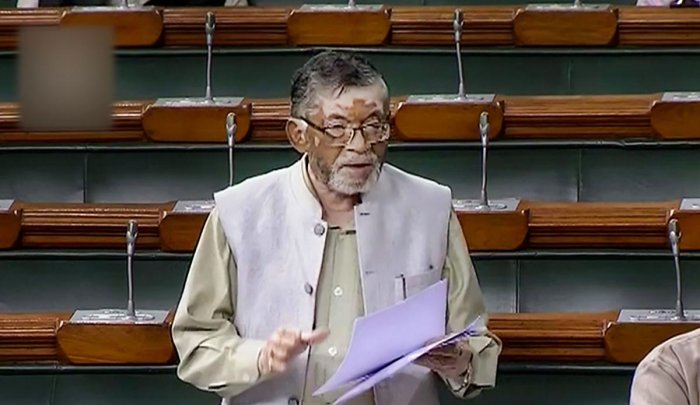OSH Code: Labour Ministry Proposes 12 Working Hours
![]()
The Labour Ministry has proposed maximum 12 working hours in a day inclusive of intervals under the draft rules on Occupational Safety, Health and Working Conditions (OSH) Code 2020 passed earlier this year by Parliament. However, the weekly working hours limit has been fixed at 48 hours (six days X eight hours, with one weekly […]
OSH Code: Labour Ministry Proposes 12 Working Hours Read More »









